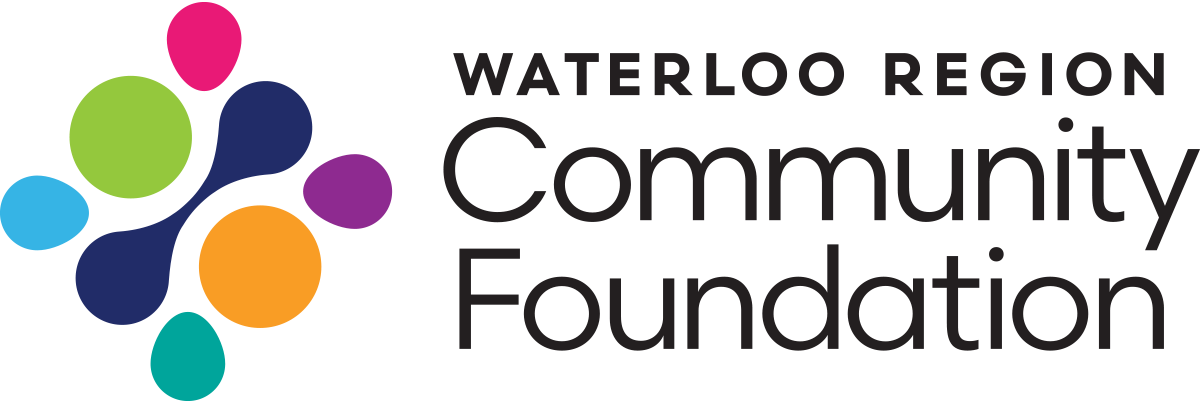From cards to careers
When Community Justice Initiatives (CJI) applied for the Investment Readiness Program (IRP), the original idea was to get assistance to help expand its social enterprise, which aims to give women in custody a taste of entrepreneurship through a greeting card initiative. But instead, an even more impactful solution emerged.
CJI is a restorative justice organization that engages and provides extensive training to numerous volunteers in the delivery of a range of programs, including integration services for women in custody. With its greeting card project, Fresh Start Creations, program volunteers and women incarcerated at Grand Valley Institution in Kitchener create greeting cards that are sold in the community. Proceeds go to local charities.
“The program has been around for over 10 years, but it wasn’t generating the revenue to make the meaningful change that we wanted to see,” said Kate Crozier, the Director of Programs at CJI. “We were looking to meet the bigger goals of helping women find employment success after prison as one tangible way of supporting their reintegration.”
To help better understand the best way forward, CJI applied for an IRP grant through Waterloo Region Community Foundation (WRCF), and received $14,000. That funding enabled the organization to hire a consultant to conduct research more broadly – not just about the greeting card business – amongst industry leaders, community members, and criminalized women. The results were surprising, and inspiring.
The industry leaders — in tech, education and manufacturing — were excited at the prospect of hiring women in custody after their release.
“They were all very willing to work with people in prison to prepare them to fill these jobs. There were no stigma or fears,” said Crozier. “There was wide recognition that many of these women were marginalized well before prison and need the support of the community to succeed. The attitude was very much that this was a ‘win-win’ solution for everyone.”
None of this would have been possible without the IRP funding, said Crozier, which gave CJI the ability to take a step back and engage with internal and external stakeholders in a meaningful way.
“I think the space to have deep consultation was worth every penny,” she said. “It breathes life into something that will create meaningful change for women’s futures. And will create a community that is a more welcoming and inclusive place after prison.”
In terms of next steps, CJI will work with prisons to get permission for industry leaders and women in custody to connect. CJI’s Stride program will hold that space for both parties to ensure everyone can have their needs met, said Crozier. The beautiful thing about this way of working is that expertise of the women with lived experience and that of the industry leaders will bring about opportunities that we could never plan for. And without CJI, these parties could not have come together in this non-directed way.
To learn more about how to support women’s futures and to engage them in our community when they leave prison, visit https://cjiwr.com/stride.
About the IRP
This project is part of the Investment Readiness Program, funded by the Government of Canada’s SI/SF Strategy. Organizations received funding to access outside expert advice or services to research, design, launch, measure and scale up their social enterprise and get ready to access investment in Canada’s growing social finance marketplace.
To learn more about WRCF and the IRP, please visit www.wrcf.ca/irp. If you are considering an impact investment from WRCF as a source of financing for your organization, visit www.wrcf.ca/impact-investing to learn more.
Note: This story was written prior to Cambridge & North Dumfries Community Foundation and Kitchener Waterloo Community Foundation unifying to become Waterloo Region Community Foundation. Although the story was created by KWCF, we have updated the organization name to WRCF throughout the story.
